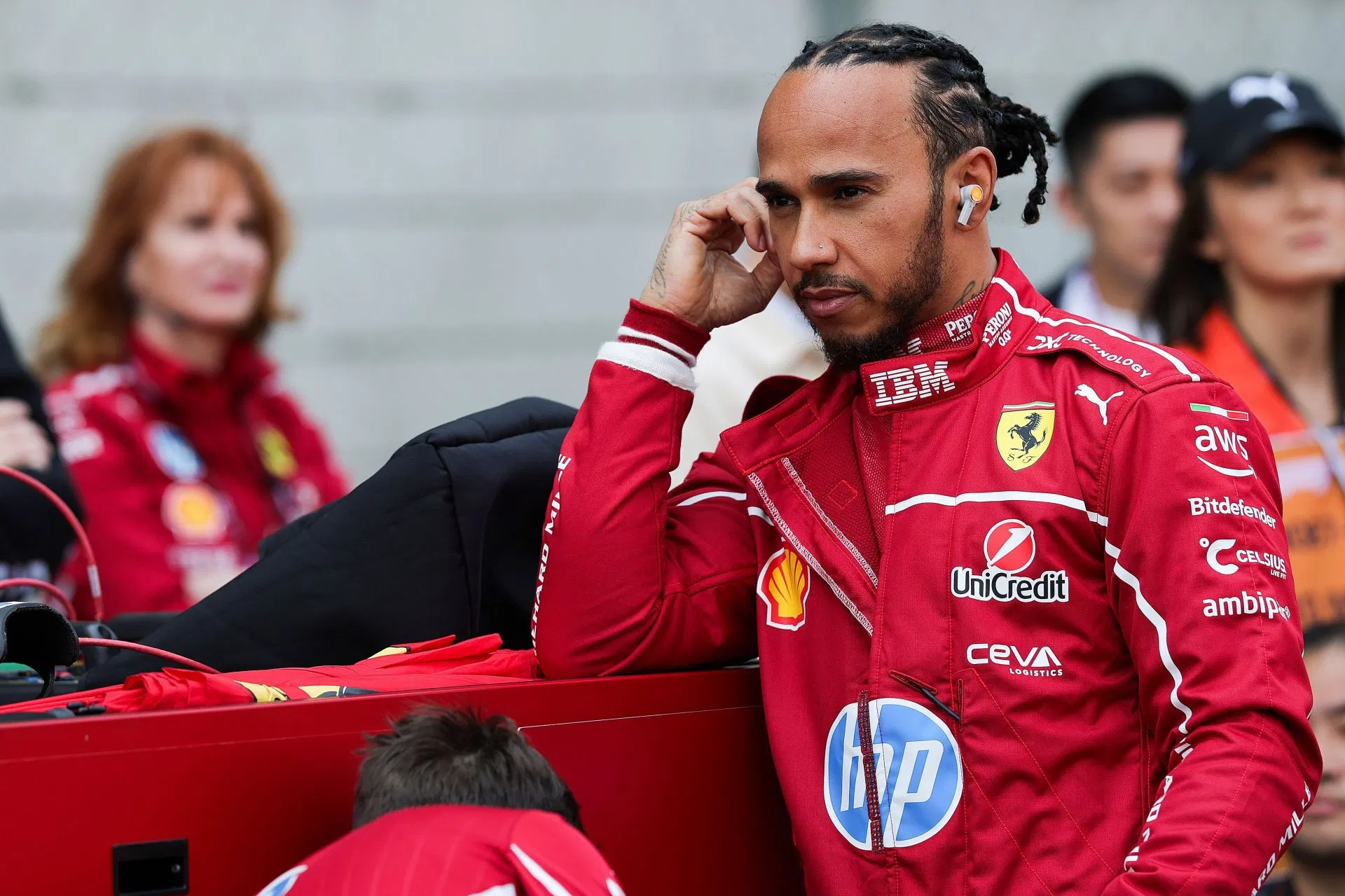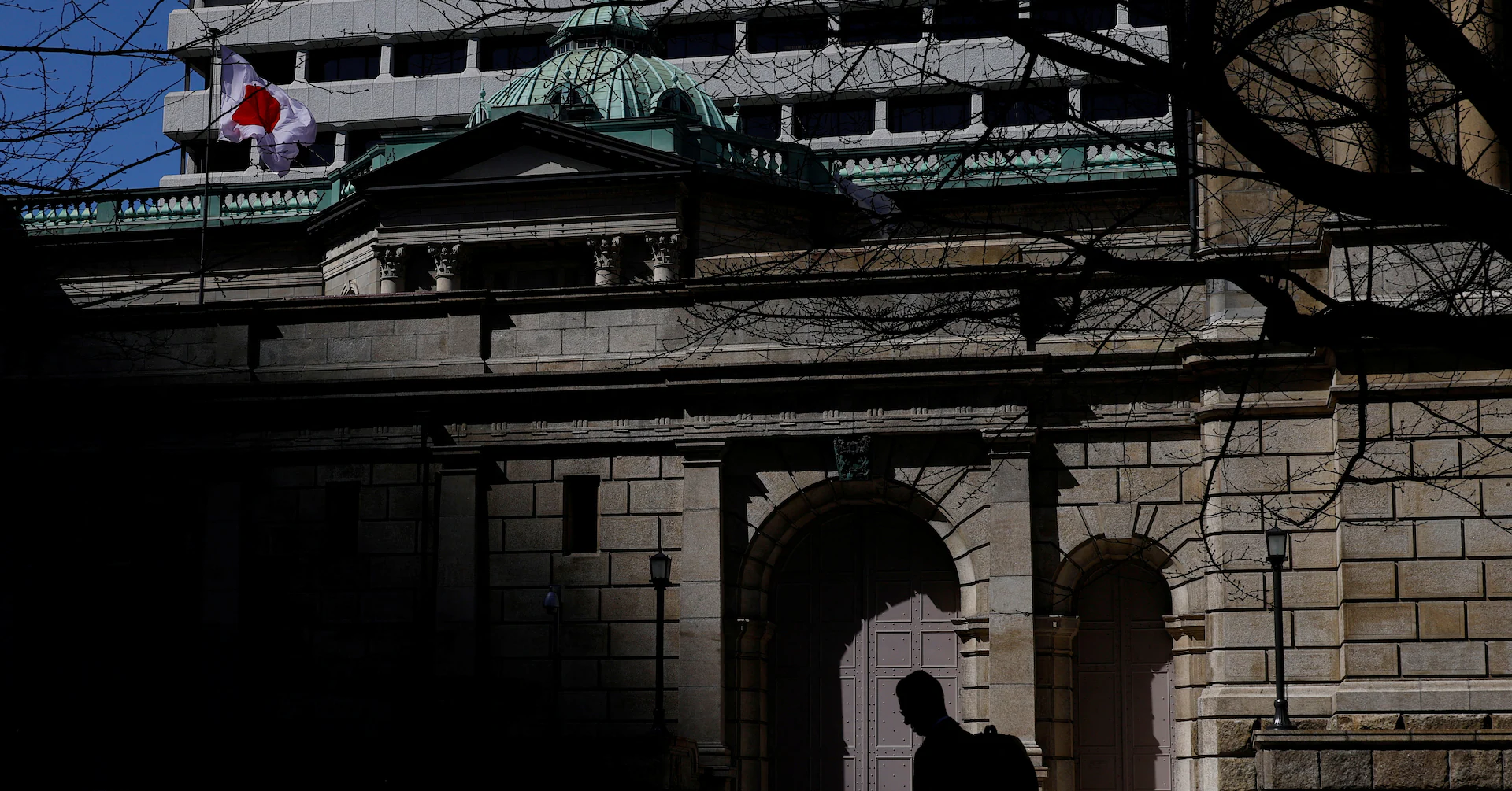By Ahmad Maudood Ausaf
Copyright dawn

LAST month, the Pakistan Virtual Assets Regulatory Authority (PVARA) convened its inaugural board meeting. At its core was an ambitious promise: to finally craft a coherent framework for a $21 billion crypto market that has long drifted in the shadows — but not too quietly, thanks to our YouTube-anointed crypto gurus.
The authority’s reception has been predictably split. Some dismiss it, fairly so, as another hollow pledge of economic revival — rhetoric not far removed from the mineral wealth fairy tales we were sold not too long ago. Others, more sanguine, like myself, see in it the first glimmer of order in a space untouched for years.
Of course, questions abound. From a state lens, the question isn’t whether the populace is already trading in crypto — it is — but how Pakistan chooses to deal with it. For instance, fraud, scams, market manipulation: what protections will ordinary users have against them? Can exc-hanges and wallet providers be expected to hold reserves or insurance, or would that prove another illusion on paper? And above all, which model will Pakistan draw upon — the US, Europe, the UAE, or something of its own making?
These are not trivial questions in the least. But neither can they be classified as brick walls; as they say, ‘nothing worth doing is easy’. To properly engage these questions, what’s required is a framework retrofitted with the best global practices — only then can these risks be navigated and defanged. What really matters now is whether PVARA can move beyond old-fangled caution and build a regime that inspires trust — reassuring banks and fin-ancial institutions that crypto won’t be a laundering loophole, consumers who fear rug-pulls, and international bodies such as the FATF, IMF, World Bank that Pak-istan won’t stumble back into the grey list.
Crypto is no longer a curiosity.
Let’s be honest, crypto is no longer a curiosity. It is a $21bn reality. About 20 million Pakistanis now hold digital assets, while our finance minister continues to urge citizens to adopt them. The question really comes down to this: when such a vast share of the population already trades in this space, how can the state, as a matter of deliberate policy, afford to look the other way?
To pretend regulation is optional is to invite precisely what critics fear most, and should be feared: fraud, scams and money laundering (we know how that goes). Because when you strip away legal recourse, you don’t choke off the market; you simply drive it further underground. And that is where the rot festers.
On the topic of regulation, we are hardly the first to regulate crypto; others have already wrestled with the same dilemmas that we are facing today. Well, that, in fact, is our advantage. We can take our cue from international models — borrow what works, discard what doesn’t — and craft a framework that is ours, not a copy-paste relic.
For example, the foundational principles ought to be clarity, proportionality and credibility. Without them, there is no trust. And without trust? We have already lost the game.
Take clarity. In the US, the SEC, the CFTC, and the Treasury are locked in a turf war, each staking overlapping claims of jurisdiction. Do we really want to stumble into the same chaos? Would Pakistan create another agency altogether, or simply carve out space for PVARA within the existing tangle?
Then comes proportionality. Regulation cannot be one size fits all; it must weigh scale and risk. The EU’s MiCA, for instance, draws a hard line between stablecoins and everything else — extra obligations, thresholds, definitions. Could Pa–k—istan manage the same? Or, more like Switzerland, do we ex–periment with a sand-box: lighter rules, but still subject to watchful eyes?
Finally, credibility — frankly, the most important of all. Can we build a crypto regime that resists political capture? Switzerland’s FINMA offers a glimpse of what that independence might look like, with its consistent classifications for tokens, applied with clarity and without fear or favour. The question is whether Pakistan can do the same — or more importantly, whether we can afford not to.
And interestingly, beyond the economics of crypto, tapping into such a market has opened unexpected diplomatic space for Pakistan. The army chief met Donald Trump himself. Bilal bin Saqib, CEO of the Pakistan Crypto Council, spoke at an event attended by the US vice president, even crossing paths with Trump’s family. This isn’t the focus of this article, so I will leave it here. But how often in our history has Pakistan managed to pursue diplomacy on its own terms — neither tethered to Beijing nor wholly captive to Washington?
The question is not whether Pakistan regulates crypto, but whether it does so before the ground shifts beneath its feet.
The writer is a lawyer.
Published in Dawn, September 20th, 2025



